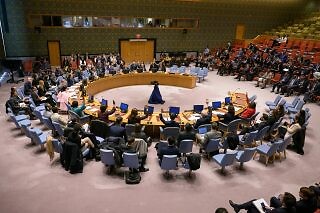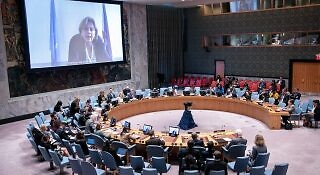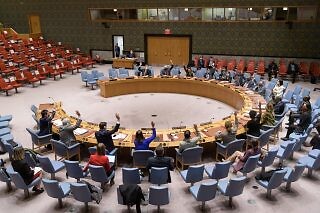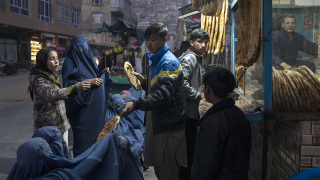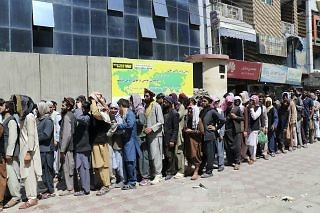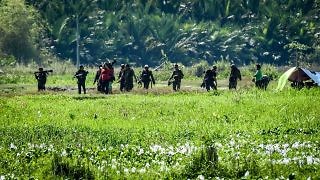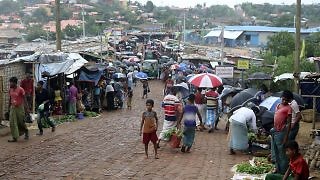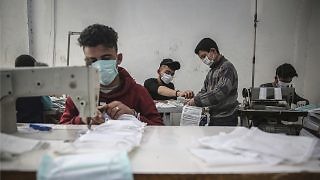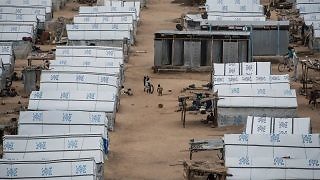Have the landmark humanitarian carve-outs in UNSC sanctions regimes worked? On the one year anniversary of UNSC Resolution 2664, Alice Debarre looks at the resolution’s impact and to what degree it has contributed to fully safeguarding humanitarian action.
Tag: humanitarian affairs
-
-
Last week, the United Nations Security Council (UNSC) adopted Resolution 2664, a cross-cutting humanitarian carve-out for all UN sanctions regimes–including the 1267 ISIL/al-Qaida regime–to safeguard the timely and effective conduct of humanitarian activities.
-
The fact that a standing humanitarian exemption was added from the outset in the Haiti sanctions regime signals a shift within the UNSC toward recognizing the need to anticipate and mitigate the adverse impacts of sanctions on humanitarian action.
-
A well-crafted humanitarian carve-out could ensure a more robust and credible 1267 sanctions regime while also addressing the need for humanitarian assistance, especially given the increasingly recognized linkages between terrorism and armed conflict.
-
Amid mounting pressure to alleviate the humanitarian catastrophe in Afghanistan, the United Nations Security Council took the rare step of creating a humanitarian exception for the 1988 Taliban sanctions regime.
-
With the end of the withdrawal and evacuation from Afghanistan, two major issues confront US policy. First is how to meet mounting humanitarian needs and save the social development programs that have benefited Afghan women—one of the few positive outcomes of the intervention. The second is how to guard against Afghanistan becoming a haven for […]
-
The UN is strategically positioned to engage with non-state armed groups in many issues relevant to civilian protection.
-
The global, swift, and devastating nature of the COVID-19 pandemic demonstrates the need to finally put the nexus theory into practice, both for this crisis and those to come.
-
What can the UN system, particularly the UN Security Council, do to ensure that humanitarian organizations can fulfill their mission during the COVID-19 pandemic, in its immediate aftermath, and in the long-term?
-
Engagement by governments to tackle internal displacement, while leveraging the international community’s growing expertise, will help ensure approaches have positive effects.

